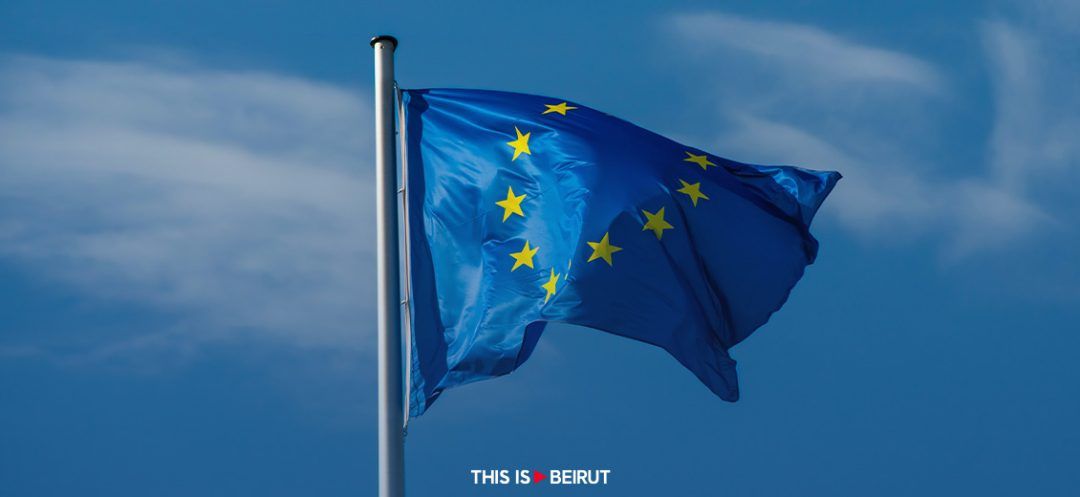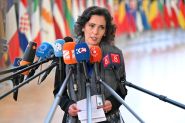- Home
- Middle East
- The European Union at a Critical Crossroads!

The European Union (EU) faces a myriad of challenges spanning political, security, economic and monetary spheres. Debates within EU circles and among leaders often revolve around how to effectively address these challenges, ensuring the sustainability of the common union project while propelling it forward towards new directions. This includes bolstering its international presence and expanding its influence in various domains where it still falls short, considering Europe's size, capabilities, role and potential.
With the security challenge looming large following the Russian invasion of Ukraine, dealing with the persisting threat posed by Moscow to Europe, and the West in general, now demands new approaches. These could be based on the notion of “reassuring” the Russians that the West does not seek to dominate Russia or threaten its national security, and vice versa. Fostering trust between the West and Russia has grown increasingly difficult and complex following the Russian-Ukrainian war of attrition, with heavy arms manufacturers and their supporting governments emerging as primary beneficiaries, at the expense of the Russian and Ukrainian peoples.
In the European context, grappling with the significant challenge posed by one of its foremost adversaries, Russia, is mirrored in the equally daunting dynamic with its “presumed strategic partner,” the United States. Historically, the US has often strived to keep the entire European continent under “its umbrella,” leveraging the political and military circumstances generated post-World War II. Departing from its previous isolationist policy, Washington gradually evolved into a potent international player – if not the most powerful one – following the collapse of the Soviet Union in the early 1990s.
In this context, some argue that the potential return of former US President Donald Trump to the White House next fall may not favor the strengthening of historical American-European relations. Instead, they foresee Trump probably resuming his policy of bickering with many European leaders, reminiscent of his previous term. It is expected that he will prioritize direct communication with Europe's (and America's) sworn enemies, such as Russia and China, and possibly extend it to North Korea.
Read more




Comments